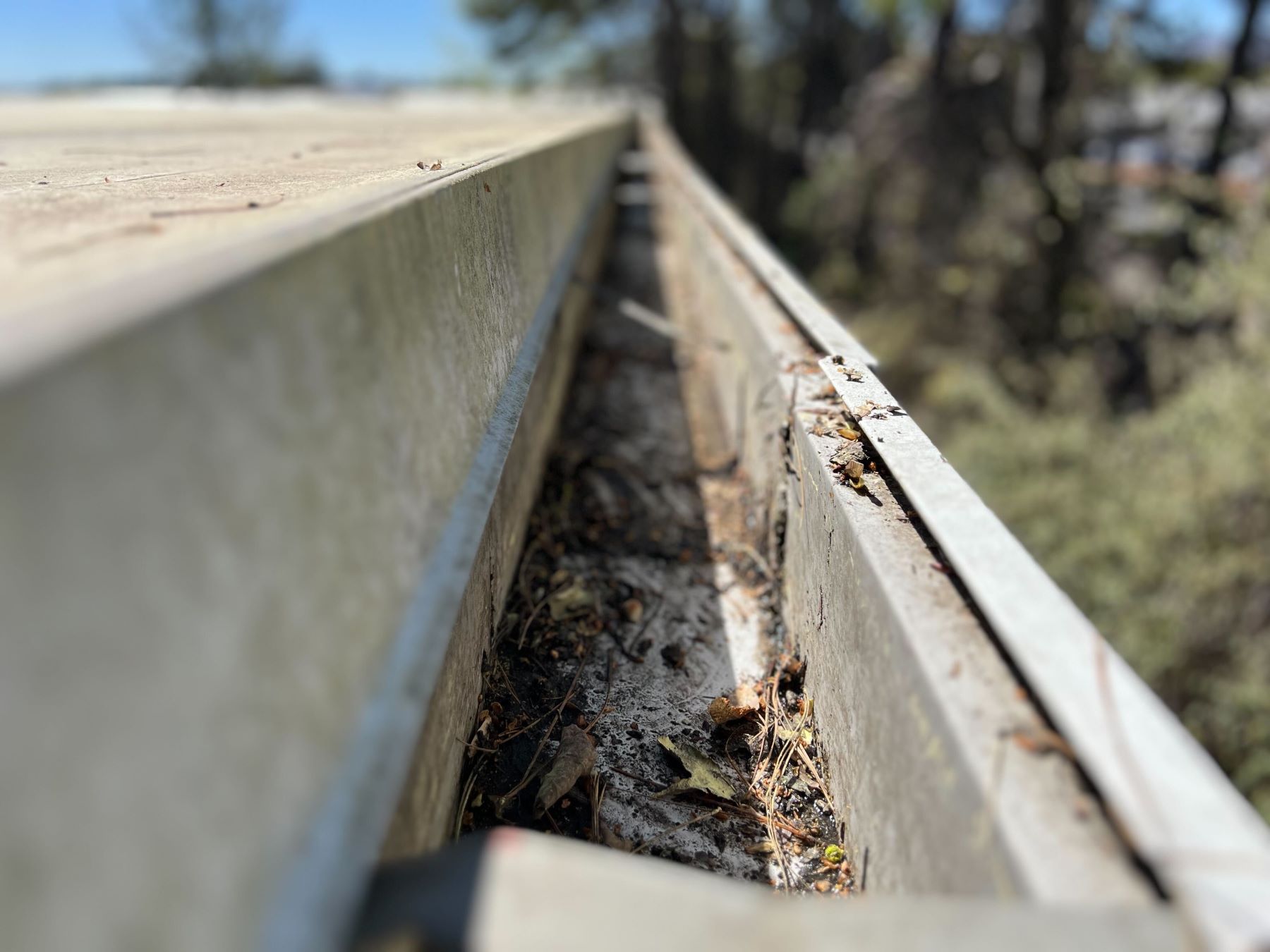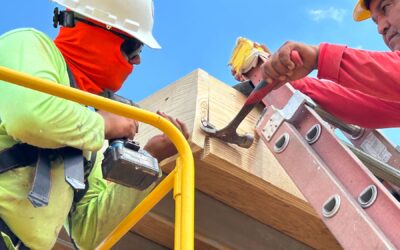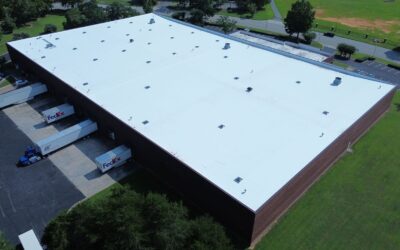Maintaining a commercial roof is crucial for the longevity and functionality of your building. A well-maintained roof not only extends its lifespan but also helps prevent costly repairs and disruptions to your business operations. Here are essential tips to ensure your commercial roof remains in top condition for years to come.
1. Conduct Regular Inspections
Regular inspections are the cornerstone of effective roof maintenance. Schedule professional inspections at least twice a year—ideally in the spring and fall. During these inspections, roofing experts can identify and address minor issues before they develop into major problems. Additionally, after severe weather events, such as heavy rain or snow, arrange for an inspection to check for any damage.
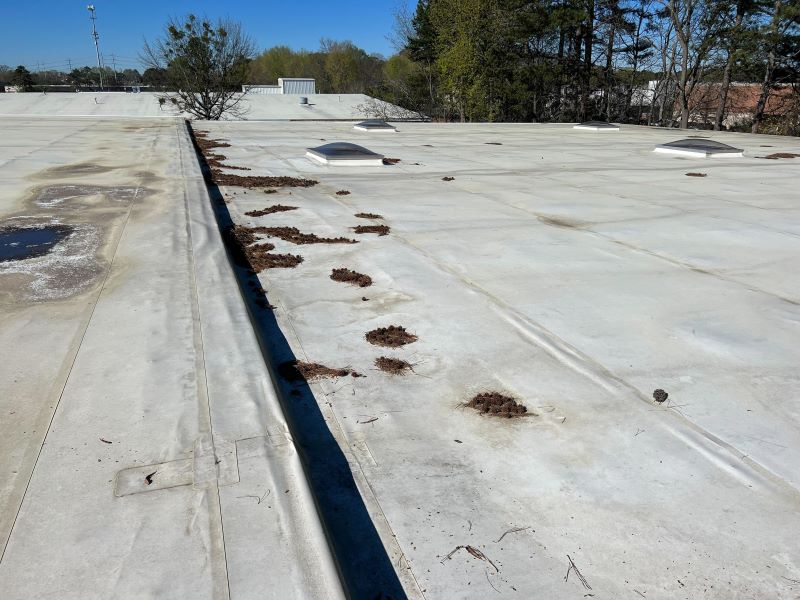
2. Keep Roof Surfaces Clean
Debris such as leaves, branches, and dirt can accumulate on your roof and cause drainage issues. Blocked gutters and downspouts can lead to water pooling, which may result in leaks or roof damage. Regularly remove debris from the roof surface and ensure that gutters and downspouts are clear. This simple maintenance task can prevent water damage and extend the life of your roof.
3. Address Minor Repairs Promptly
Addressing minor issues promptly can prevent them from escalating into major problems. If you notice missing or damaged shingles, cracks in the flashing, or any other signs of wear and tear, arrange for repairs as soon as possible. Small leaks or cracks, if left unattended, can lead to significant water damage and more costly repairs.
4. Ensure Proper Insulation and Ventilation
Proper insulation and ventilation are essential for maintaining the health of your commercial roof. Insufficient insulation can lead to temperature fluctuations that may damage roofing materials. Similarly, poor ventilation can cause excessive heat and moisture buildup, which can lead to roof deterioration. Ensure that your roof’s insulation and ventilation systems are functioning correctly to prevent these issues.
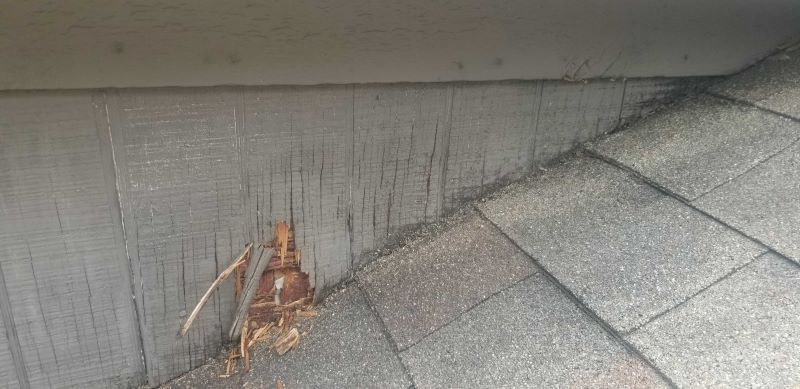
5. Maintain the Roof’s Drainage System
A well-functioning drainage system is vital for preventing water accumulation on your roof. Inspect and clean gutters, downspouts, and drains regularly to ensure they are free of obstructions. Check for any signs of pooling or stagnant water, as this can indicate a problem with the drainage system. Proper drainage helps to prevent water damage and prolongs the life of your roof.
6. Invest in Professional Maintenance
While regular inspections and cleaning are essential, investing in professional maintenance services can provide additional benefits. Professional roofing contractors have the expertise and equipment to perform more in-depth maintenance tasks, such as sealing seams, applying protective coatings, and addressing underlying issues that may not be visible to the untrained eye.
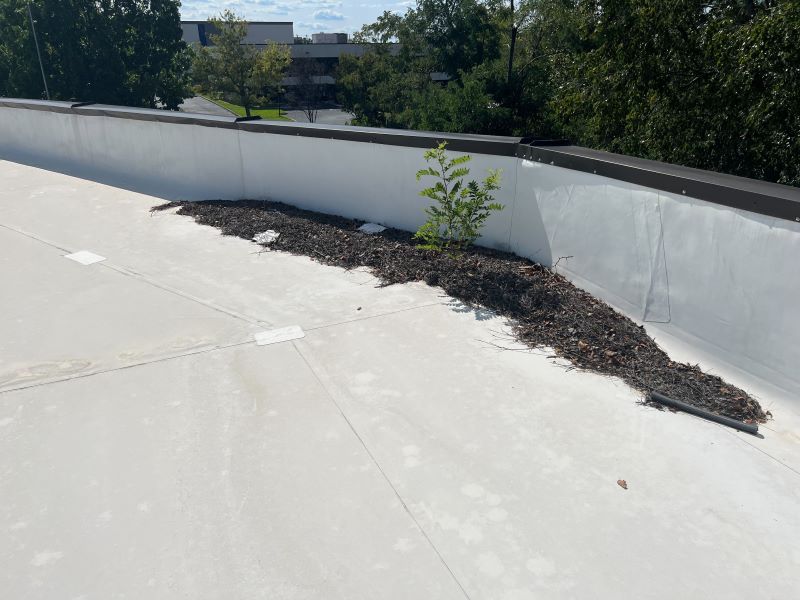
7. Monitor for Signs of Damage
Be vigilant and monitor your roof for signs of damage or wear. Look for issues such as sagging, visible leaks, mold growth, or damaged flashing. If you notice any of these signs, contact a professional roofer to assess the situation and recommend the necessary repairs.
8. Keep Records of Maintenance and Repairs
Keeping detailed records of all maintenance and repair activities is beneficial for tracking the condition of your roof over time. Documentation of inspections, repairs, and any issues encountered can help you identify patterns and plan for future maintenance needs. It also provides valuable information if you need to make insurance claims or sell the property.
9. Plan for Seasonal Maintenance
Different seasons bring different challenges for your roof. In the winter, ice dams and snow accumulation can pose risks, while in the summer, intense heat and UV rays can cause damage. Plan seasonal maintenance tasks accordingly, such as removing snow and ice in the winter and checking for sun damage in the summer.
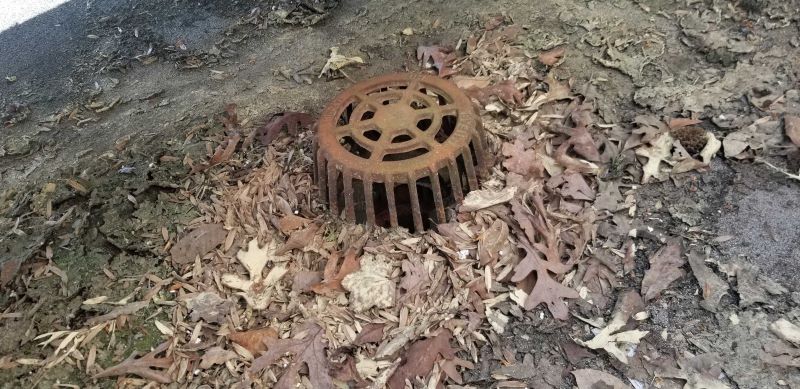
10. Choose Quality Roofing Materials
The longevity of your commercial roof also depends on the quality of the materials used. When installing or replacing your roof, choose high-quality, durable materials that are suited to your local climate. Investing in quality roofing materials may involve a higher initial cost but can save you money in the long run by reducing the need for frequent repairs.
By following these essential tips, you can help ensure the longevity and performance of your commercial roof. Regular maintenance and prompt attention to issues will not only extend the life of your roof but also protect your building and investment.

